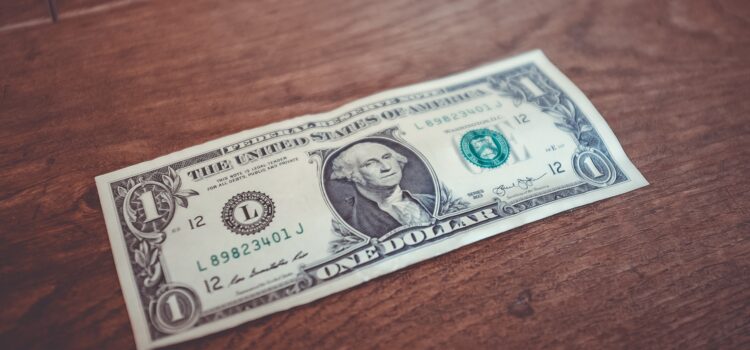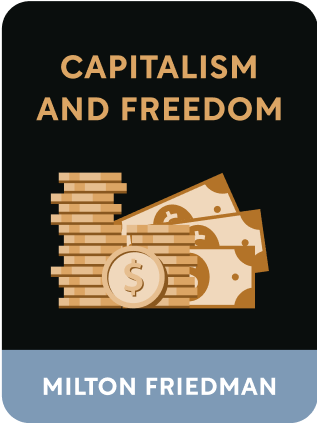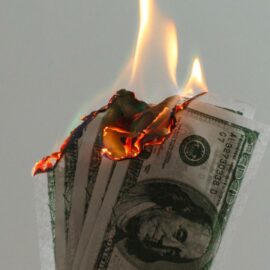

This article is an excerpt from the Shortform book guide to "Capitalism and Freedom" by Milton Friedman. Shortform has the world's best summaries and analyses of books you should be reading.
Like this article? Sign up for a free trial here .
What is Keynesian economics criticism? What are the major issues with Keynesian economics?
Keynesian economics criticism comes from those who support free-market capitalism. Maynard Freidman argues that this theory is ineffective and gives the government too powerful of a role.
Read more about Keynesian economics, criticism, and more.
Crowding Out: Keynesianism Economics
Unfortunately, the simple Keynesian analysis leaves much out of the equation. It neglects to consider what the government spends money on. If the government uses its fiscal power to publicly subsidize some service that you once paid for with your own private spending (like access to a beach), then in theory, it has freed you up to spend that money on something else—thereby adding new private spending into the economy. This leads to major Keynesian economics criticism.
But since you had been freely spending your money to get access to the beach, it is reasonable to assume that you placed a higher value on that use of your money than you did on alternative uses. Since you are now getting that access for “free,” you are unlikely to increase your spending on other goods or services above and beyond what you were already spending, because you don’t value those other goods and services as highly.
The subsidy, in this case, would cause you to pull back your private consumer spending. Government spending therefore crowds out private spending.
Borrowing Funds, Diverting Spending
We see this further when we consider where the government is acquiring the funds for its aggressive fiscal policy. Most likely, it is borrowing the money from investors and issuing bonds to those creditors. This is another Keynesian economics criticism.
This, of course, does not increase the total stock of money in the private sector—it merely moves it from one party (the purchaser of government bonds) to another party (the ultimate recipient of government spending). Under most economic conditions, those investors would have spent the money they used to purchase bonds on some other set of goods and services in the private sector.
The borrowing in and of itself, then, diverts and offsets spending that would have otherwise occurred. If we return to our previous example with the $100 check you receive from the government, the multiplier effect is closer to $0 than it is to $500.
Government bondholders will only be willing to lend money to the government if they receive an adequate rate of return. If the government borrows too much money, this will cause a general rise in borrowing costs throughout the economy. This will have a dampening effect on consumption and investment, as potential borrowers will be wary of taking out a mortgage or an auto loan at high prevailing interest rates.
Keynesian Economics Criticism: An Outsized Role for Government
Keynesian economics thus fails to deliver on its core promises. It is also at odds with economic freedom. Because it places such powerful emphasis on aggressive fiscal policy to recessions, Keynesianism explicitly calls for the political management of the economy. This is another cornerstone of Keynesian economics criticism.
During recessions, fearful legislators clamor for new outpourings of federal expenditure, unwilling to consider the knock-on effects of their actions. The result has been the growth of both the scale and scope of government since the Great Depression—the state is vastly greater than it was before the 1930s and is engaged in a range of activities in which it has no legitimate business.
Moreover, because the government plays such an outsized role in national GDP, government officials have enormous—and, from the point of view of supporters of economic and political freedom, dangerous—influence over decisions made by individuals and firms in the private sector.
Keynesian economics criticism depends on the idea that all economics should be controlled by the free market, supported by economists like Milton Friedman.

———End of Preview———
Like what you just read? Read the rest of the world's best book summary and analysis of Milton Friedman's "Capitalism and Freedom" at Shortform .
Here's what you'll find in our full Capitalism and Freedom summary :
- The key principles from Milton Friedman's Nobel Prize-winning book
- Why capitalism functions best when it is freed from government restraints
- How forced redistribution schemes are morally unjust






